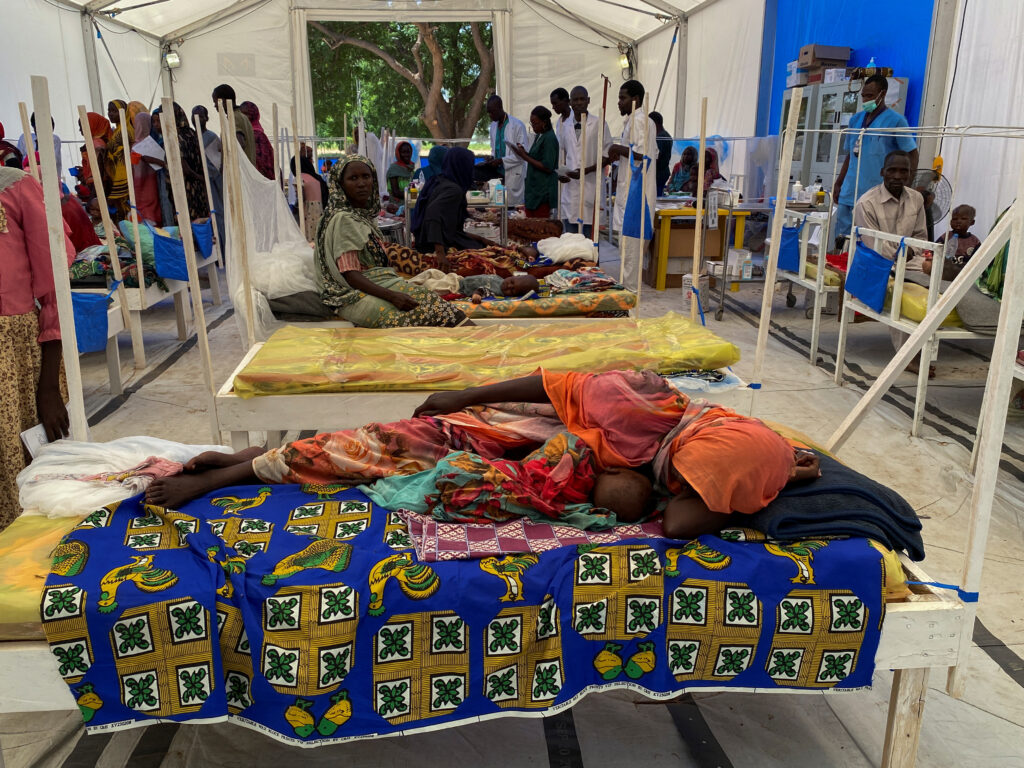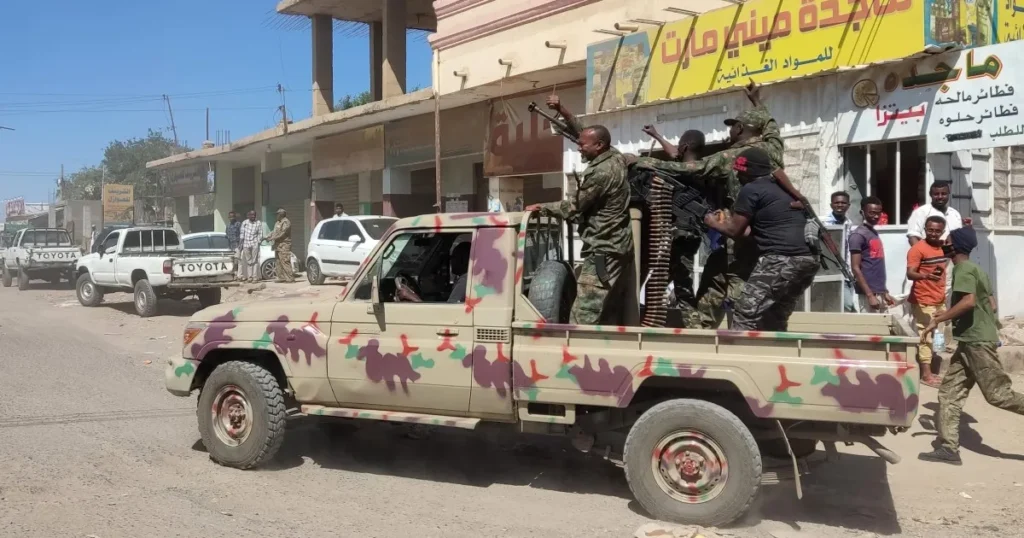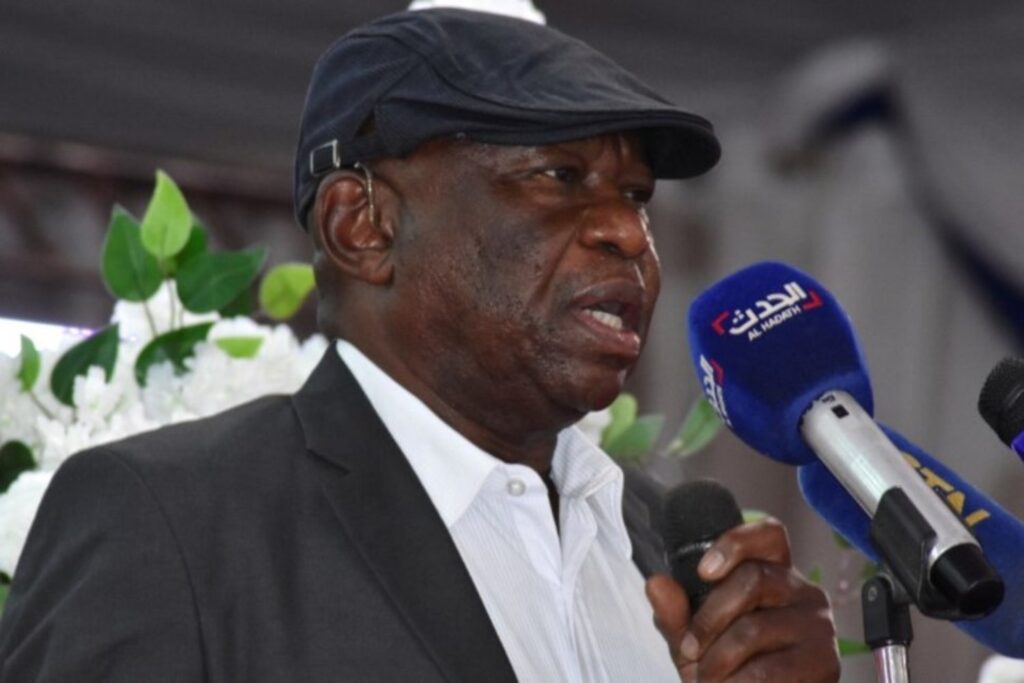
Sudan’s health system, battered by nearly 30 months of war, now struggles under the weight of rampant disease and spreading despair.
General Abdel Fattah al Burhan’s junta Health Minister Haitham Mohamed Ibrahim warned that tens of thousands are infected with dengue fever as stagnant waters fuel mosquito swarms.
Official records noted more than 2,000 dengue cases nationwide in a single week, mostly in Khartoum, though the minister admitted many go uncounted.
Eighty percent of infections never reach hospitals, he said, suggesting true figures are far higher than those on government reports.
Inside Omdurman Hospital, exhausted patients lie beneath mosquito nets, hooked to paracetamol drips — the only treatment for a disease sometimes fatal.
Streets overflow with stagnant rainwater and uncollected waste, while families store water in makeshift containers after war destroyed power and water networks.
“The government isn’t doing anything,” said 65-year-old trader Salaheldin Altayib, who along with relatives fell ill with dengue fever.
The conflict between Burhan’s army and the Rapid Support Forces has shattered infrastructure, leaving cholera and malaria to spread alongside famine and displacement.
The World Health Organization reported more than 12,700 cholera cases in four months, with over half recorded in Tawila, Darfur.
Tawila, crowded with people fleeing al-Fashir’s violence, now suffers one of the worst outbreaks despite ongoing vaccination and water treatment campaigns.
The health minister said insecticide spraying systems lie in ruins, creating “a new reality” where mosquitoes thrive amid trash, broken pipes, and standing water.
Aid cuts have further paralyzed the response, with just one-third of Sudan’s donor-dependent healthcare funded, leaving $39 million in urgent needs unmet.
As war grinds on, hospitals choke with the sick, disease stalks the displaced, and the cost of conflict spreads far beyond the battlefield.




